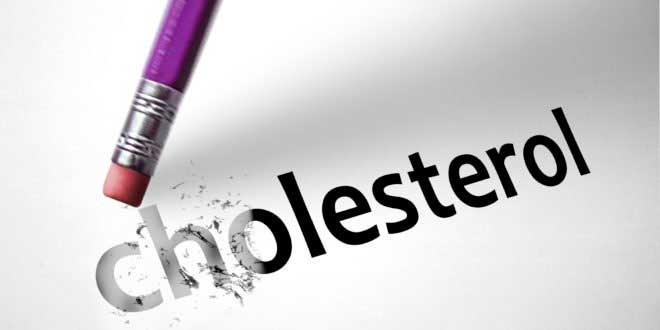What Is Niacin?
Niacin, also known as vitamin B3, is a water-soluble vitamin, which means our body cannot store it. It is widely recognized for its role in helping to lower cholesterol levels.
As described by Cox & García-Palmieri (1990):
“Niacin is an unsaturated alcohol from the steroidal compound family. It is essential for cellular function in all animals and a key component of cell membranes. Additionally, it serves as a precursor for important substances, including adrenal and gonadal steroid hormones, as well as bile acids.”
In other words, niacin is not just another vitamin—it plays a vital role in your body’s overall function. And yes, it’s directly linked to cholesterol management.
Because niacin is water-soluble, any excess that the body doesn’t immediately use is excreted through urine. This means maintaining healthy levels requires a regular intake of niacin-rich foods or supplements. Without sufficient intake, the body can develop a deficiency, which may affect overall health.
Health Benefits of Niacin
Niacin (vitamin B3) offers a wide range of health benefits, including:
- Supporting heart health: Helps maintain a healthy cardiovascular system.
- Regulating cholesterol: Assists in lowering LDL (bad cholesterol) and increasing HDL (good cholesterol).
- Reducing Alzheimer’s risk: May help protect brain function and cognitive health.
- Enhancing mental performance: Boosts concentration, motivation, and overall intellectual function.
- Supporting hormone production: Plays a role in the synthesis of sexual hormones.
- Promoting fat and protein metabolism: Helps the body efficiently use fats and proteins.
- Converting glucose into energy: Facilitates energy production from dietary carbohydrates.
- Improving skin and hair health: Supports natural beauty and overall appearance.
- Supporting eye health: Contributes to maintaining healthy vision.
- Stimulating blood circulation: Enhances overall blood flow.
- Reducing inflammation: Beneficial for conditions like arthritis.
- Treating pellagra: Prevents and helps manage this vitamin B3 deficiency disease.
- Assisting in diabetes management: Supports treatment for type I diabetes and may aid in managing blood sugar levels.
Properties of Niacin
- Niacin is especially valued for its cardiovascular benefits. Regular intake of the recommended daily dose can:
- Lower bad cholesterol (LDL) and increase good cholesterol (HDL).
- Reduce triglyceride levels, which helps prevent atherosclerosis (hardening of the arteries).
- Protect against cardiovascular diseases, supporting overall heart health.
In many cases, niacin is prescribed alongside statins to enhance cholesterol-lowering effects and achieve better results.
Preventing Alzheimer’s with Niacin
A deficiency in niacin has been linked to the development of dementia. Numerous clinical studies indicate that niacin supplementation can play a protective role against Alzheimer’s and other degenerative diseases.
In a recent study involving 3,718 participants, researchers concluded that a niacin-rich diet or supplements not only enhance cognitive performance but may also help prevent the onset of Alzheimer’s disease.
Niacin Deficiency
- A lack of niacin (vitamin B3) in the body can lead to several noticeable symptoms, including:
- Fatigue – feeling unusually tired or low on energy.
- Indigestion – digestive issues and discomfort.
- Disease susceptibility – a weaker immune system, making the body more prone to illnesses.
- Circulatory disorders – problems with blood flow and cardiovascular function.
- Depression – mood disturbances and increased risk of mental health issues.
- Regular intake of niacin through diet or supplements is essential to prevent these deficiency-related problems.









The information below is required for social login
Sign In
Create New Account